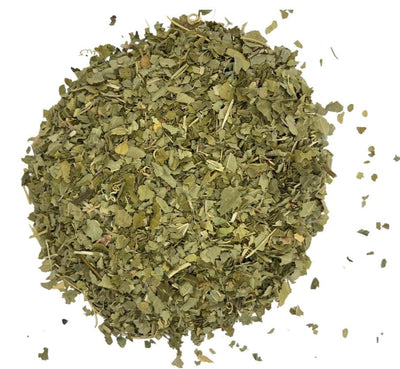Boston Tea Party
Background and Context of the Tea Tax
In 1767, King George III's government imposed new tea taxes on American colonies, which were met with strong opposition from the colonists who were already frustrated with the British government's control over their trade and governance. This also enraged tea traders and tea drinkers alike as tea became scarce and unaffordable.

Declaration of the 'tea tax'
Arrival of East India Company Tea in American Ports
In 1773, seven ships loaded with tea from the East India Company arrived at various American east coast ports, The ships carrying the tea were named the Dartmouth, the Eleanor, and the Beaver which arrived in Boston, the William and the London arrived in Philadelphia, the Polly arrived in Charleston, and the Nancy arrived in New York. These ships carried three types of tea: Bohea, Souchong, and Congou. Bohea was the most common and affordable type of tea at the time, whilst Congou, also known as 'English Breakfast Tea,' was a black tea that was popular in Britain. Souchong was a smoked tea that was more expensive and had a distinctive flavour. Give Tea by Birdy's premium Lapsang Souchong a try!
When the ships arrived into the American ports, the colonists were outraged and saw the arrival as a violation of their rights. They were already frustrated with the British Government's control over their trade and believed the arrival of these ships was an attempt by the British government to assert its authority over the colonies. Initially the colonial leaders urged the captains of the sips to return home to England with their 'tea cargo' and would not allow the the tea to be unloaded from the ships. However, the British government refused to leave without unloading the tea and therefore receiving their 'tea tax'.
The Dartmouth and the Boston Tea Party
December 16,1773 the Dartmouth and its cargo of tea arrived in Boston. This event was to be the spark that ignited a revolution. In protest against the taxes and the unreasonable controls imposed by Britain, a group of about 60 locals disguised themselves as native Americans by wearing blankets and Indian headdresses (to represent the oppression of the colonies). They forced their way on board the Dartmouth brandishing axes and clubs, hacked open the tea chests, and threw the entire cargo into the sea. The estimated value of the tea was about $31,500, which was a significant amount of money at the time (The equivalent of approximately $1.2 million today). The other ships in the other ports faced similar fates, with tea being either sent back or destroyed.

Colonists dressed as American Indians throw tea overboard
Aftermath and Impact of the Boston Tea Party
The British government responded to the Boston Tea Party with harsh measures, including the Intolerable Acts, which closed the port of Boston and imposed other restrictions on the colony. This led to an escalation of tensions between the American colonists and the British government, ultimately culminating in the American Revolution and the Declaration of Independence.

Declaration of independence July 4th,1776
Today, the Boston Tea Party is celebrated as a significant event in American history, representing the colonists' determination to fight for their rights and freedom. The site of the Boston Tea Party, Griffin's Wharf, is now a popular tourist attraction, and tea shops around the world sell commemorative blends in honour of the event.







